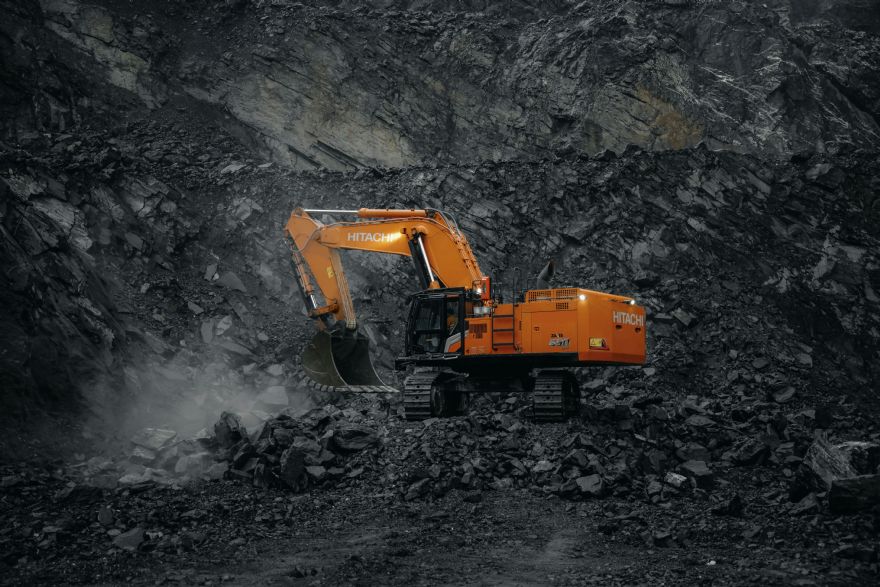 Photo by Team Kiesel on Unsplash
Photo by Team Kiesel on Unsplash The global scramble for rare earths and other critical minerals is accelerating, and financial advisory giant
deVere Group believes it will be one of the defining investment themes of 2026 as the USA and China intensify their fight for control of the materials powering the modern economy.
Nigel Green, chief executive of deVere Group, said: “Rare earths have moved from the periphery of the commodities market to the centre of global strategy. The battle to secure them will shape trade, technology, and investment decisions for years to come.”
These minerals, essential for electric vehicles, smartphones and advanced weapons systems, have long been dominated by China, which currently controls around 70% of mining and close to 90% of processing capacity. This dominance leaves global manufacturers heavily exposed to China’s policy decisions.
However, that grip is now being challenged. The US administration has made rare earths a national priority, investing heavily in domestic and allied production. It has taken stakes in North American miners, proposed a government-backed price floor to stabilise supply, and outlined plans to build a strategic mineral reserve. Permitting processes are being fast-tracked and environmental rules eased to accelerate mine construction under the so-called ‘mine, baby, mine’ policy.
Mr Green said: “Washington’s intervention marks the start of a new industrial cycle. The USA wants to reclaim control of its supply chains and reduce its vulnerability to Beijing. This is not just policy theatre, it is the largest coordinated push for resource security in a generation.”
China has tightened its gripMeanwhile, China has tightened its own grip. Beijing has imposed new export controls requiring companies to obtain approval before shipping magnets containing even trace amounts of Chinese-sourced rare earths. It has also added five more elements — holmium, erbium, thulium, europium and ytterbium — to its restricted list.
Mr Green continued: “China is showing that control of supply means control of markets. The USA and its allies are now being forced to build alternative supply chains, which is driving an unprecedented wave of investment across Australia, North America and parts of Africa. The financial markets are following the geopolitics.
“The investment implications are significant. This is a multi-year transformation, not a short-term story. The infrastructure and refining capacity cannot be built overnight. Investors positioning early will benefit from the sustained capital flow into strategic resources.”
Analysts at deVere expect continued volatility in the sector as governments intervene and policy announcements move prices. Mr Green added: “These markets will not move on earnings alone. They will move on policy. Every export restriction, every government stake, every strategic partnership will have a market impact. This volatility can create opportunity for disciplined investors. Diversification across the supply chain, from mining to refining to recycling technologies, will be key. This is about securing the systems that keep economies running. Investors who recognise that will be the long-term winners.”
Mr Green concluded: “Rare earths are at the crossroads of industrial policy, clean energy and national security. The competition to control them will define 2026. The scale of investment already underway shows how quickly the world is recalibrating to a new economic reality. It is a once-in-a-generation shift in where value is being created.”